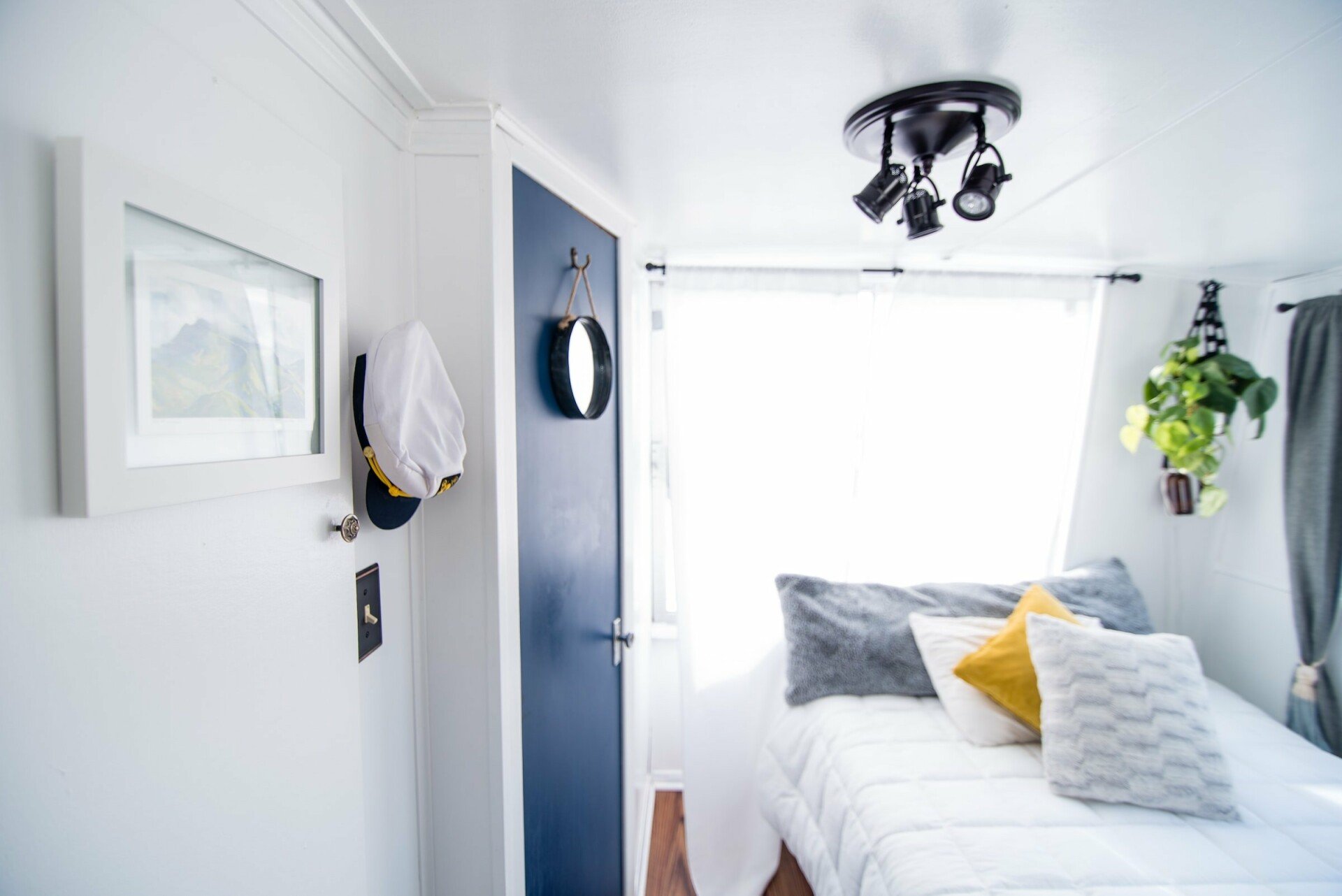Student.com, a student accommodation booking platform that offers around 1.25 million beds in 500 cities worldwide, said that booking volumes from international students have decreased across the board, but that the extent of the decline “varied massively” across destination countries.
“What we have seen at Student.com is that the hunger for students around the world to study has not stopped, and Covid-19 has simply changed their plans somewhat, whether that is the end destination, their university city, or their start date, and even what type of student accommodation they book,” says Dan Baker, General Manager, EMEA at Student.com.
Data from Student.com comparing booking volumes this year with the same period in the previous year shows that that Ireland (-11.7 per cent), the UK (-29) and Spain (-20) have fared the best, while Germany (-75), the USA (-75) and France (-73) have experienced the the greatest decrease in demand year-on-year.
“As expected, there has been a decline in the preference for shared rooms, which could be down to students wanting to self-isolate. There is also a growing trend of groups wanting to switch to single rooms, rather than their usual shared rooms,” said Dan.
There has been a 71 per cent decrease in ‘lower-cost’ bookings by international students (below US$4,000 in value), which Student.com said was in line with the decrease in short-term summer study this year.
Another effect of the pandemic has been that students are prolonging the decision-making process, with an 11 per cent increase in students taking six months or longer to book a room.
“This could be because lots of international students wanted to study abroad but took longer to confirm their bookings due to extra research because of concerns around Covid-19,” said Dan.
He said that Student.com has “worked closely with student accommodation providers to create a Covid-19-friendly booking environment, which included free cancellation on some properties and flexible move-in dates”.
Dan said that Student.com expected student demand to remain strong, but said that the flexibility of higher education institutions and student accommodation providers will continue to be essential.
Meanwhile, student housing research partner BONARD provided analysis covering 5,600 purpose-built student accommodation (PBSA) establishments in 120 cities worldwide, and said that there have been no divestments witnessed in the market.
CEO, Samuel Vetrak, said, “The sector has not lost its head after initial uncertainty. We closely monitor the global student housing pipeline. In Europe alone, we are tracking some 185 projects that are due to be completed in 2021, with an additional 95 projects set to open in 2022. What we see is that approximately 80 per cent of these are likely to be delivered on time.”
He added that although the student accommodation sector as an asset class is not fully pandemic-proof, it has proved to be recession-resilient as students continue to study abroad during economic downturns.
“This is what happened in the early 90s, after 9/11, and during the GFC [global financial crisis] of 2008-2009, and we have every reason to believe that the market will bounce back stronger once the pandemic is over,” he said.



